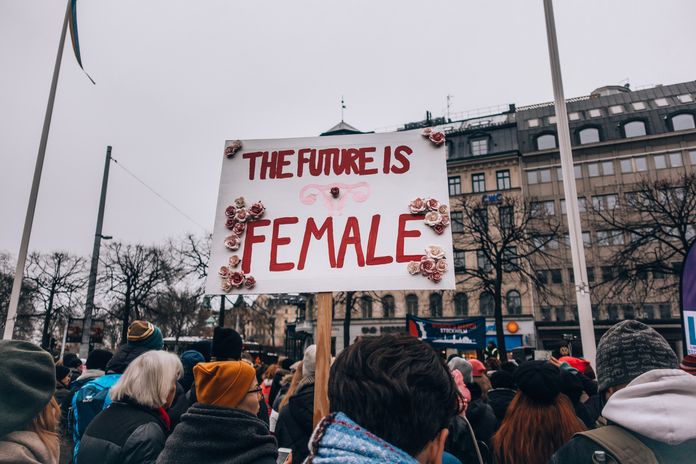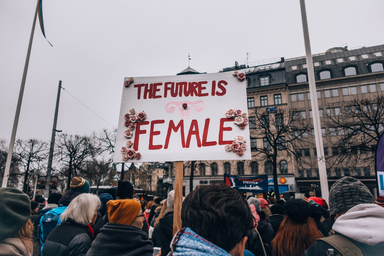March is a month-long celebration of women all around the world. We celebrate the impact women have on everything, but we should also address the issues that women still face. I have listed some of the many issues women go through and what ways you can help uplift and support them.
Female Genital Mutilation
Female Genital Mutilation, also known as FGM, is a procedure where women’s gential organs – such as the clitoris or labia – are removed, cut, or sown together. This is basically ‘female circumcision.’ This is a global practice, but is prevalent in African countries, The Middle East, Asia, and The United States of America. Although many countries ban the practice, it still happens to girls between birth to adolescence. Young and incapable of giving consent, they are put under a procedure that has no health benefits and is honestly a way to control girls’ sexuality, as told by the orchidproject. These girls aren’t normally cut under sanitary conditions so they face the risk of infections, complications, shock, etc. The psychological harm is also heightened especially when females are starting to engage in sexual relationships. There are so many factors that prove that this procedure is ineffective and harmful, yet it continues to happen. For there to be change, there needs to be legislation put in place that demands the end of female genital mutilation. There also needs to be a social shift so that those who think this procedure is socially acceptable can see how harmful it truly is (this needs to come within the community). I will recommend the orchidproject, generation change (plan international), and additional pressure on the World Health Organization to stop this procedure.
Decriminalizing Sex Work
Although sex work is a male and female industry, I will speak about how this issue effects women. Women who decide to do sex work should not be criminalized for their choices. It is not a crime to be a consenting adult who wants to make a profit off of their work. Women all across the world face different challenges when it comes to sex work but it all relates to feeling safe at the end of it all. According to Harvard Civil Rights, sex work becomes safer when it is allowed and regulated in legislation. This is because it takes the industry out of the ‘black market’ and allows for women to be protected when they report something to authorities. Women already face the challenge of not being able to come forward about their experiences with sexual misconduct, assault, and rape. Being a sex worker – in the eyes of those who have the power to serve justice – makes the women less credible. The legalization of sex work can allow for these women to be protected.
Transgender Women’s Rights
Globally, transgender women face so many troubles from health and safety to economic and societal issues. According to lgbtfunders, transgender women have higher rates of diseases because of lack of ‘primary care’, higher rates of suicides, higher rates of poverty (especially BIPOC transgender women), and face high rates of violent attacks. There are deeper rooted issues within what I have stated, but this is just to touch the surface. To help transgender women receive the equality they deserve you should: put pressure on local legislators, try to support transgender women in media to amplify representation, and be a safe space for these women.
Anyone who identifies as a woman should be celebrated, uplifted, and protected this month and all year round. There are many more issues to address, so use this month to further educate yourself and make use of the information you learn!
Sources:
https://www.orchidproject.org/about-fgc/why-does-fgc-happen/
https://harvardcrcl.org/to-protect-women-legalize-prostitution/
https://lgbtfunders.org/resources/issues/transgender-issues/


